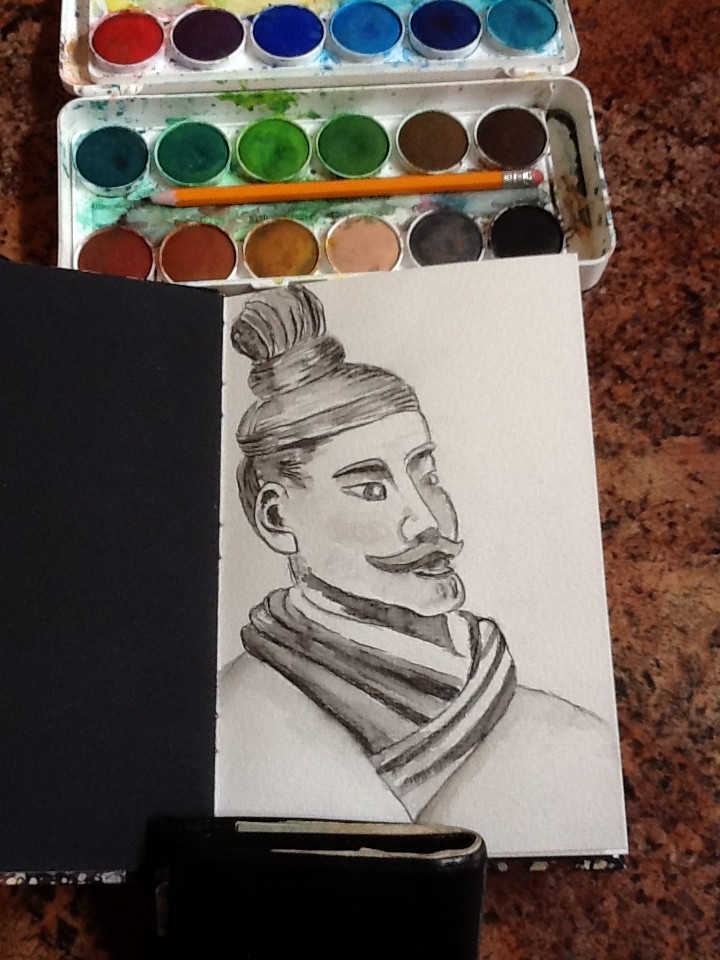Winter Cold Moon
“A mythology is the comment of one particular age or civilization on the mysteries of human existence and the human mind…” H.R. Ellis Davidson, Gods and Myths of Northern Europe
A life-long fascination with mythology and its companion fields, ancient religions and folklore, can be explained by this quote. We have multiple ways of understanding the world, of asking and answering big questions. In our day science is regnant, queen of the epistemological universe, but it is not enough. Not now and not ever.
(Charles Le Brun, Fall of the Rebel Angels, 1685)
Science cannot answer a why question. It can only answer how. Neither can science answer an ethical question. It can only speak to the effects of a course of action over another in the physical world. This is not a criticism of science, rather an acknowledgment of its limits.
Mythologies (usually ancient religions), ancient religions, legends and folklore are our attempts to answer the why questions. They also express our best thinking on the ethical questions, especially folklore, fairy tales in particular.
Where did we come from and why? “1 In the beginning when God created the heavens and the earth, 2 the earth was a formless void and darkness covered the face of the deep, while a wind from God swept over the face of the waters. 3 Then God said, “Let there be light”; and there was light. 4 And God saw that the light was good; and God separated the light from the darkness. 5 God called the light Day, and the darkness he called Night. And there was evening and there was morning, the first day.” NRSV
(edward_burne-jones-the_last_sleep_of_arthur)
Want to live a good life? Live like Baldr or Jesus or Lao Tze or Arthur.
How can we tell a just society from an unjust one? Look at the 8th Century Jewish prophets. Look at Confucius. (not a religion, yes, but functions like one) Look at the Icelandic Sagas. Different answers in each one.
I fell in love with these complex, contradictory wonderful narratives when I was 9 years old, maybe a bit younger. Aunt Barbara gave me a copy of Bullfinches’ Mythology. I loved Superman and Batman and Marvel Comics. I was an attentive student in Sunday School and later in seminary. Over time I’ve come to recognize this fascination as a ruling passion in my life, one that guides life choices with power in my inner world.
It will not, I imagine, fade. It means writing fantasy is a work of great joy and a hell of a lot of fun.



